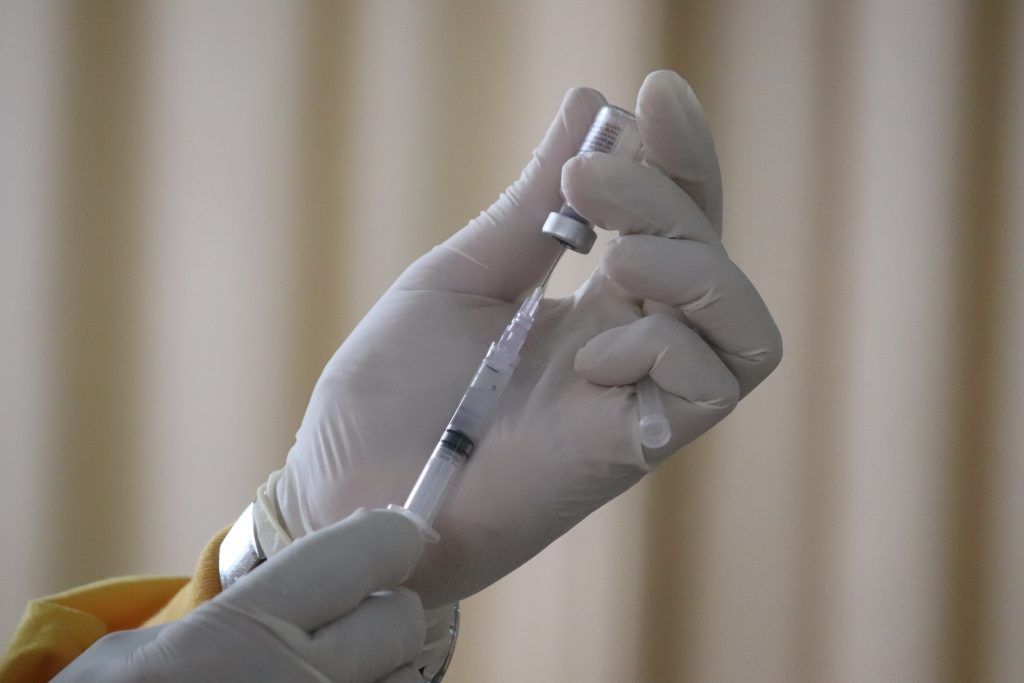Expected outcome
This topic aims at supporting activities that are enabling or contributing to one or several expected impacts of destination 3 “Tackling diseases and reducing disease burden”. To that end, proposals under this topic should aim for delivering results that are directed, tailored towards and contributing to all of the following expected outcomes:
- The scientific and clinical communities use the increased knowledge on pathogens and better understanding of the immune system’s role in infectious diseases to develop vaccines with improved efficacy.
- Vaccine manufacturers use more innovative and sustainable manufacturing technologies and improved GMP manufacturing know-how for producing the next generation of vaccines.
- A diversified portfolio of vaccine candidates ready for testing in clinical trials help policy makers and funders to make informed decisions about support to vaccine development.
- New innovative and improved design of preclinical/clinical studies that match the features of the next generation of vaccines is available for clinical community and regulators, and will shorten vaccine development time.
Scope
Infectious diseases, including antimicrobial resistant (AMR) infections, remain a major threat to health and health security in the EU and globally. The availability of more effective, accessible and affordable vaccines would provide the most cost-effective preventive measure against the health threat of epidemics and AMR pathogens. Vaccines against diseases, such as AIDS, tuberculosis (TB), malaria, neglected tropical diseases, hepatitis C and water-borne diseases are essential to achieve the WHO targets to control the spread of infectious diseases. The first generation of vaccines against some of the pathogens have proven to be suboptimal and not effective enough to protect the population. Many viruses of pandemic potential are variable in their surface antigen composition, and novel technologies are required to develop efficient vaccines against each new variant efficiently and in a short timeframe. To ensure that more effective, accessible and affordable vaccines against all major infectious diseases become a reality, it is essential to sustain a diverse and modernised vaccine development pipeline.
Proposals should aim to diversify and accelerate the global vaccine research and development pipeline, and to strengthen the current leading role of the EU in vaccine research and development. Proposals should cover those pathogens, which still lack vaccines of sufficient efficacy, but where earlier efforts have already produced promising vaccine candidates.
Deadline
01 February 2022 – first stage
06 September 2022 – second stage







Leave a Reply